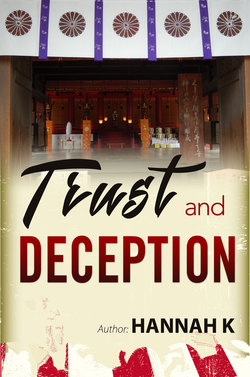Читать книгу Trust and Deception - Hannah K - Страница 13
На сайте Литреса книга снята с продажи.
Japanese Media’s Resistance against Douglas MacArthur
ОглавлениеOne clear thing that the Japanese media has missed out is that Supreme Commander, Douglas MacArthur himself was quite sympathetic toward the situation of ordinary Japanese people. A majority of the people, especially those who were children during the war era, were not taught what Douglas MacArthur did. They were not eligible to read fieldworks done by the United States at that time because they could not read English. Supreme Commander, Douglas MacArthur had strong mission in his mind that he had to free Japanese people from the situation they lived under during the Pacific War.
Unlike Germany after World War I, the United States did not impose war reparations on Japan. If war reparations had been imposed on Japan by the United States, Japan would have gone bankrupt. At first, soon after the Pacific War, the Japanese Public understood what Americans were like. So, they, especially children, welcomed and appreciated MacArthur’s goodwill toward Japan.
However, activists, who admired Soviet Russia, Communist China and North Korea, such as professors, students in the major universities, and journalists in Japanese mass media came to resist MacArthur’s policy. In spite of the sympathy of the U.S. Government toward “ordinary people in Japan,” the major Japanese media had no respect for Douglas MacArthur’s policies and had no clear sense of crimes they commit during and after the Pacific War.
On the other hand, I am quite impressed by the remarks made by Supreme Commander, Douglas MacArthur. I would like to quote his lines, “We stand in Tokyo today reminiscent of our countryman, Commodore Perry, ninety-two years ago. His purpose was to bring Japan an era of enlightenment and progress, by lifting the veil of isolation to the friendship, trade, and commerce of the world.” The spirit of mutual benefit and building and promoting good relationship between the United States and Japan was not forgotten by the Pacific War. It also means that the measures taken by GHQ under Supreme Commander, Douglas MacArthur, were based on his goodwill. He himself had strong pride based on morality as a military man and at the same time he never forgot the history of friendly relationship between the United States and Japan which had been built since1853 before the Meiji Restoration.
